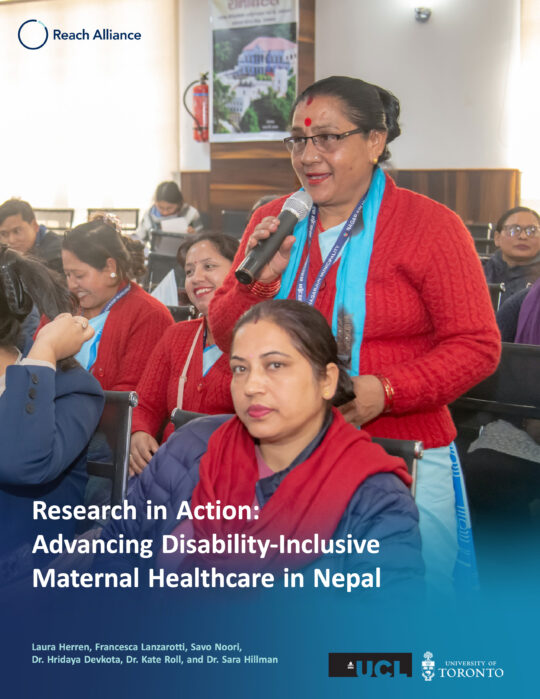When I was a graduate student conducting my very first field interview (in 1997!), I asked the interview informant what I thought was going to be the “money” question, the one that would inform my entire doctoral dissertation on the effects of democratization on social policy reform in Taiwan. I asked her: How did democracy affect social policy reform in Taiwan? An hour later, after she recounted to me the entire history of Taiwan, I realized we had gotten nowhere. I quickly learned that my first question was a terrible one. It was a dud. It was imprecise, too ambitious in scope, and did not reveal the fact that I already knew a lot about Taiwanese history. It was a waste of my time and that of my informant. The rest of the interview was useless, and it was entirely my fault – or at least the fault of that first question. I’ve since come to appreciate just how important that first question is when conducting field interviews. When my graduate students ask me for my advice on conducting fieldwork, I tell them to think very carefully about that first question. It sets the tone. It determines how the rest of the interview will go. That first question establishes your credibility (or lack of). In other words, the success of the interview depends, in large part, on that first question. The first interview question should:
1. Establish that you actually know something about your topic.
I know that civil society organizations in Thailand were critical in drawing attention to the HIV/AIDS crisis more generally, but did these groups focus on mother-to-child-transmission of HIV specifically?
2. Be specific enough so that your informant has to give a focused answer.
The South African government recently passed in 2010 an amendment to the civil registration act, and yet it was not implemented until 2014. Can you tell me why there was a gap between the time the act was amended to the time it was implemented?
3. Not be too long or wordy.
Most slum dwellers living in Brazil’s favelas do not have a formal address; how are cash transfers delivered to these people? The Thailand research team just landed in Bangkok and we hit the ground running. We had our first interview this afternoon with a significant NGO leader. In preparation for the meeting, the team met for over two hours this morning contemplating our research notes, interview schedule, and of course, our first interview question. We considered a big question, then we considered a very focused question. We contemplated one opening and discarded it in favor of another one. We thought about having me ask the first question, and then we considered having one of the students ask it. We agonized over the specific wording, basically scripting word-for-word the first (and second) question. We thought about how this first question would lead to other questions. We worried if the first question would demonstrate all the work we’d done on the topic. I am pretty sure the members of the research team never thought we could spend that much time on what, in the end, amounted to two sentences. The interview went well. We asked the first question as planned. We even transitioned to the second question. The third question we ended up doing on the fly. Thereafter we were basically off-script.
By Professor Joseph Wong
